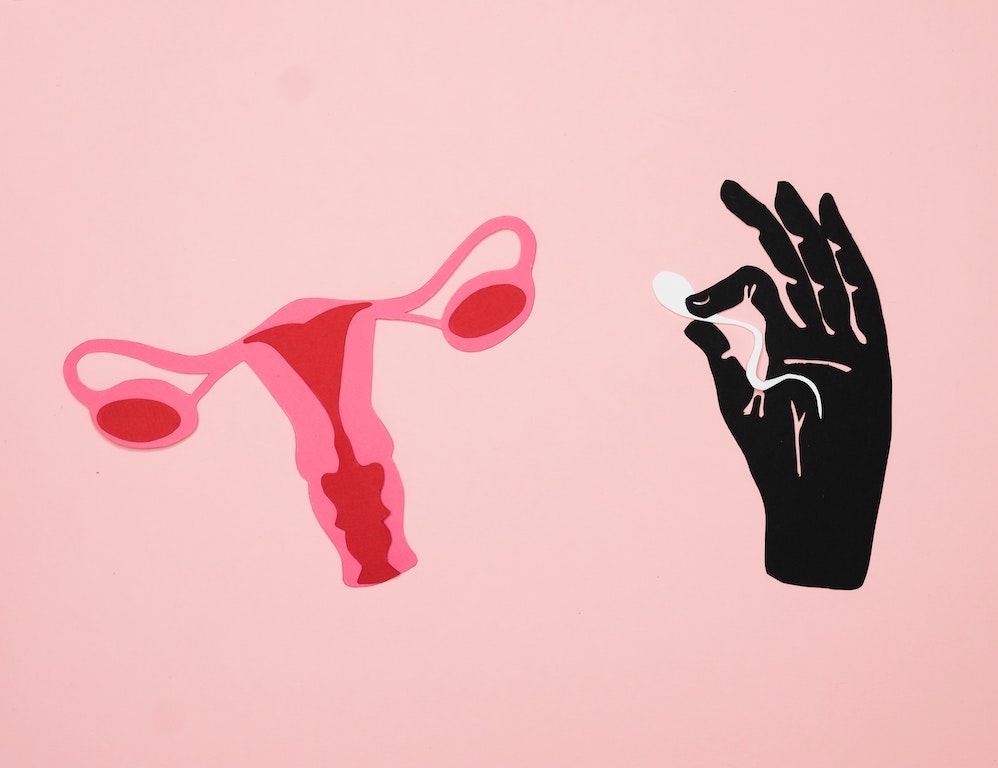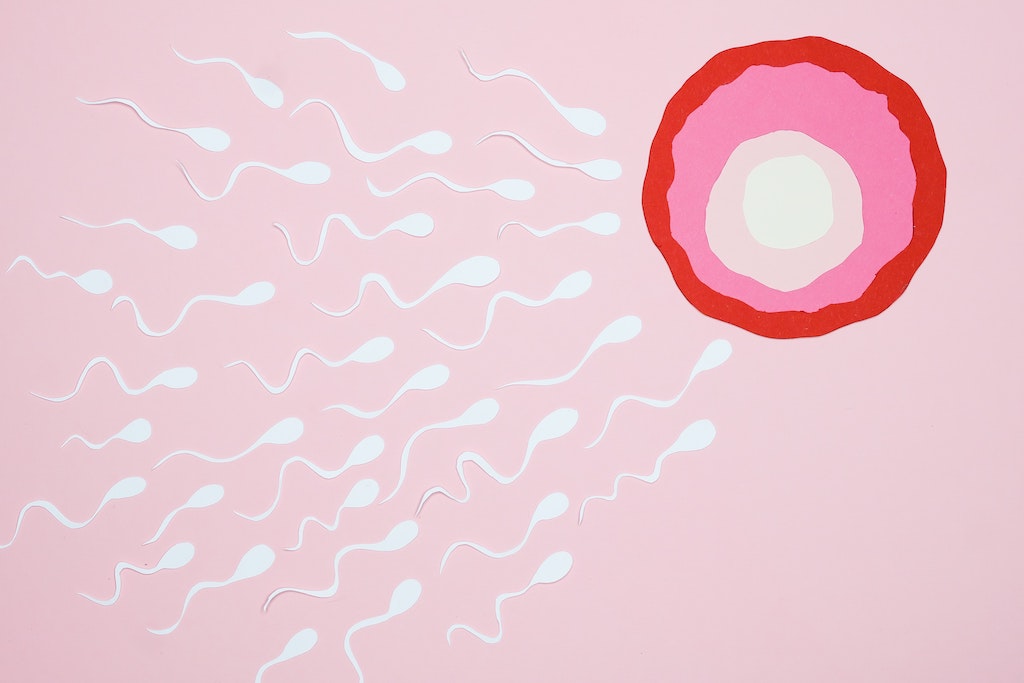SingaporeMotherhood | Pregnancy
March 2023
When Should You Consider IVF, if you are Trying to Conceive?

Having witnessed countless in-vitro fertilisation (IVF) procedures over 28 years of his career, Thomson Fertility Centre’s Chief Embryologist Dr. Ethiraj Balaji Prasath has seen it all when it comes to the world’s most effective form of assisted reproductive technology (source). Firstly, he was instrumental in achieving Singapore’s first pregnancy and live birth via Laser Assisted Hatching (a process which helps a day-5 embryo ‘hatch’ from the ‘shell’ of the embryo). Secondly, the father of two played a key part in the world’s first live birth using frozen-thawed embryos created from oocytes recovered from a surgically-removed cancerous ovary after in-vitro maturation in the lab and fertilised with husband’s sperm by Intracytoplasmic Sperm Injection.
From the youngest (25) to the oldest (48) IVF mums at Thomson Fertility Centre, he’s seen them all. This is why, when Dr Balaji tells us that chances of getting pregnant via IVF are much improved these days, we take his word for it. “IVF techniques have developed in the last 10 years, and chances of conception through IVF have increased by 18% overall according to the Australian New Zealand report (source),” he says.

In Singapore, he observes, more couples are turning to IVF, with numbers increasing around 20% from 2015 to 2019.
“Couples seeking IVF now have a better mindset and are more aware of the technology than those seeking it 10 years ago. Many patients are well read before they come to the IVF Centre,” he adds.
If IVF is a path that you are considering in your journey to conceive, read on to find out more from Dr Balaji.
(See also: International Women’s Day in Singapore — Eat, Shop, and Support IWD 2023 today!)
What are some key considerations that couples should have before trying for IVF?
First, go for fertility screening. Both husband and wife must do this screening. Additionally, they must be aware of the success rate based on the wife’s age, and the cause of their infertility. After that they will have to undergo blood tests, counselling, and consent signing before commencing IVF procedures. Finally, IVF treatments are expensive and couples must prepare financially. They need to prepare their mindset for failure too.
Who are suitable candidates for IVF?
Couples with a wife’s age less than 35 years, who couldn’t conceive naturally after 12 months of unprotected sexual intercourse. They should seek help from IVF doctors after six months of trying if the wife is above 35 years old.
In addition, there are couples who are carriers of genetic disease or disorders and do not want to pass it to their children. They can go through IVF combined with Preimplantation Genetic Testing to sieve out mono genetic diseases or disorders.
Finally, couples with one of the partners going for cancer treatment can go for IVF before starting the treatment. This is because chemotherapy or radiotherapy is toxic to eggs and sperm, and may lead to infertility after treatment. These couples can choose IVF for fertility preservation.
How are the sperm and egg selected for fertilisation?
Hormones are injected to stimulate the ovaries, which will then produce more follicles. These follicles contain fluid in which eggs are located. Based on the number and growth of these follicles, another hormone is injected to make the follicles (and thereby the eggs in them) mature.
Around 36 hours later, this follicle fluid is collected from the patient under light sedation. In the lab, eggs are identified and separated from the fluid. The eggs are kept in an incubator until insemination.

The husband has to submit a semen sample which contains moving, non-moving and dead sperm. Actively swimming normal sperm are separated by processing and used for insemination, which can be done in two ways.
- Conventional: thousands of moving sperm are incubated with one egg. The eggs with their nurse cells are chosen based on how well the cells spread, and the number of fast-moving sperm after processing.
- ICSI (Intracytoplasmic Sperm Injection): one moving normal sperm is picked up in a glass needle and injected into one egg. The egg is separated from attaching nurse cells and assessed for maturity before injecting sperm.
What comes next when fertilisation is successful?
The fertilised eggs stay in an incubator for the next three to six days. They grow into embryos by dividing from one cell to two cells, then to four cells, then to eight cells and finally into hundreds of cells, making it to an advanced stage embryo called a blastocyst. The embryos are transferred to the womb on day two (4 cell stage), day three (8-cell stage) or day five (blastocyst stage). The Ministry of Health (MOH) permits the transfer of one or two embryos each time.
Excess usable embryos are frozen. These can later be thawed and transferred to the womb when the patient wants to use them.
What happens if the IVF procedure Is unsuccessful?
Generally, not all patients are successful in their first attempt. They can try again, but will need to consult their IVF doctor first before taking any decision. Their doctor will analyse and discuss the cause and recommend other protocols or means to help them.
One of these could be a change in the protocol of hormonal regimen. Another could be changing the day of embryo transfer (the stage of embryo) to the womb.
An abnormal number of chromosomes of the embryo might also be a cause for failure in IVF. However, chromosomal screening of embryos for abnormal numbers is available in Singapore as a research protocol only. Finally, in cases of poor ovarian reserve, donor eggs may be recommended.
There is no one treatment protocol that doctors recommend when IVF failure happens. It varies depending upon the age of the patient and the cause of infertility. Moreover, some of the alternatives are not yet available in Singapore as clinical services.
How many times can a couple do IVF?
Currently in Singapore, there is no limit to the number of times a couple can do IVF. I know of one mum who married at age 35 and started IVF treatment immediately. She conceived in her eighth IVF attempt, when she was 42 years old.
However, if the couple has done 10 IVF attempts, they will have additional counselling on the success rates and risks. Similarly, while there is no upper age limit for a patient to do IVF in Singapore, patients above the age of 45 will go through additional counselling on the success rates and risks of IVF associated with advanced age.
Some women have babies when they’re in their 60s, through IVF. Is this safe?
These patients use eggs donated by young donors as they are post-menopausal and can’t produce their own eggs. However pregnancies at such an advanced maternal age come with health risks.
Age has an effect on success rates in IVF. The older the patient, the lower the success rates (this is applicable to patients using their own eggs for IVF).

Patients 30 and below have a 50 to 60% chance of pregnancy with IVF. The chances reduce to 35 to 40% for those between 31 to 39 years of age. This further reduces to 15% for the 40 to 44 year old age group, and even more for women aged 45 and above — around 10% or less .
That is why MOH makes it mandatory to counsel patients who are 45 and older for lower pregnancy rates and risks associated with pregnancies in advanced maternal age.
Dr Balaji is a speaker at the Know Your Fertility Wellness Campaign by I Love Children (ILC), a social service agency. Interested couples can sign-up for the hybrid seminars happening on 10 March and fertility consultations at: https://ilovechildren.sg/know-your-fertility-wellness
(See also: Fertility Massage Therapy Helped Her Conceive – Now She’s Helping Other Women get Pregnant)
Featured image: Nadezhda Moryak
All content from this article, including images, cannot be reproduced without credits or written permission from SingaporeMotherhood.
Follow us on Facebook, Instagram, and Telegram for the latest article and promotion updates.





